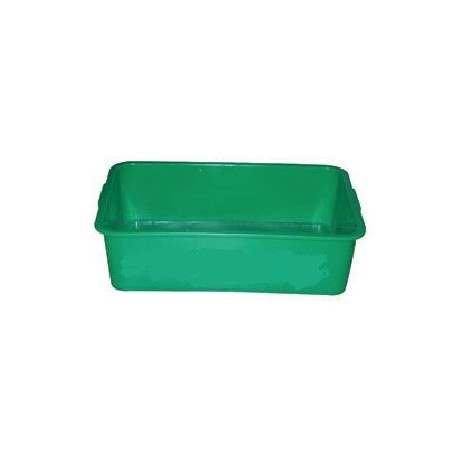For the first time in 20 years, the Spanish price fell in June. We are in an extremely exceptional situation that should be corrected as soon as possible.
At the time of writing, the reference prices in European markets (equivalent quality) are as follows:

| Spain | 1.54 €/kg live farm gate |
| Germany | 1.15 €/kg live farm gate |
| France | 1.36 €/kg live farm gate |
| Denmark | 1.34 €/kg live farm gate |
| Netherlands | 1.22 €/kg live farm gate |
Looking at this list we immediately realize that there is a staggering and astounding difference of 0.39 €/kg live between the Spanish price (leading European producer) and the German price (second European producer).
In the months of January, February, and March, China bought from Spain the equivalent in pork of more than 400,000 pigs per week at luxurious and enviable prices. In the last few weeks, China has been buying barely 10% of that amount and its prices are at the level of the cheapest in Europe.
Everything seems to indicate that China has indeed recovered its pig herd to pre-ASF levels. The Chinese authorities have made it public that the state is replenishing its reserves with Chinese pork (in a clear demonstration of the abundance of domestic pork).
As we have said, the situation is completely exceptional and will have to be corrected. The following is a list of factors and circumstances which, in our opinion, have brought us to the present situation:
- China's absence as a buyer (it is not buying from Spain, but neither from Denmark, France, the Netherlands...) weighs like a slab on the European market. There is no alternative; not even a bad alternative.
- The Spanish slaughterhouses, in the absence of their main market, have turned all their efforts to selling their pork in the confines of the EU. Sacrificing whatever was necessary in terms of prices (it is of no interest whatsoever to freeze if you know that everything will be cheaper later on). Sell, sell, sell has been the motto.
- The theoretical recovery of the demand from Central Europe (progress in vaccination, the opening of restaurants, barbecue season...) has not been the case. The bad weather has kept consumption at low levels.
- In the last three market sessions, the pig price in Spain has gone up: + 0.015 € + 0.003 € – 0.010 € = + 0.008 €
- In the last three weeks, the pork market has dropped dramatically, by 10 cents every week. And it seems to us that we have not reached the bottom.
- The weather and the pig's metabolism always combine to ensure that from May-June there is a very limited supply of animals for slaughter compared to other times of the year (failed matings the previous summer, sudden high temperatures): this factor has led to consecutive increases in the month of May that have been totally impossible to reflect in the pork.
- In Spain, the demand for slaughter pigs has been boosted since the appearance and consolidation of the Binéfar macro-slaughterhouse. This increase in demand has acted as a real destabilizing factor.
The plain and simple reality is that Spanish slaughterhouses are facing week 25 (which starts today) knowing that, however efficient and effective they are, they are going to lose about 25 euros per pig worked. This perspective and this reality should necessarily cool to the fullest extent their "eagerness to kill".
As we pointed out in our previous commentary, in the absence of China there is no differential factor that justifies Spain paying 39 cents more for pigs than Germany. This anomaly must and will be corrected.
In the absence of China (and its reappearance seems very far off) Spanish pork can do nothing but go down. And go down, keep going down, and continue going down. And the speed of the decline will depend on the radicalism of the slaughterhouse in applying slaughter reductions. Slaughtering less is essential for the very survival of the slaughterhouses.
As an important operator commented: "Desperate times call for desperate measures". In this case, the only solution in sight is to reduce slaughter whithout hesitation. There is no other way. Pigs must go down, and to do so some batches must be left unslaughtered every week.
The absence of Spain's main market (in the last two years China has been by far our main customer) will provoke a catharsis and an in-depth strategic review of objectives in the Spanish pork industry as a whole. In fact, this reflection is already underway in many cases.
Taking the situation in perspective, perhaps it is a good time to consider some points:
- We have come this far (the Spanish swine industry), which is not bad at all. European leaders and rising.
- Once it has been confirmed that China may stop buying from us... we must adapt, minimize the damage, and see how we can continue.
- Other issues that we leave to the consideration of readers.
We will end with two maxims from a Spanish proverb:
"He who does not look ahead stays behind".
"The past is erased. Live in the present and think about the future."
Guillem Burset







